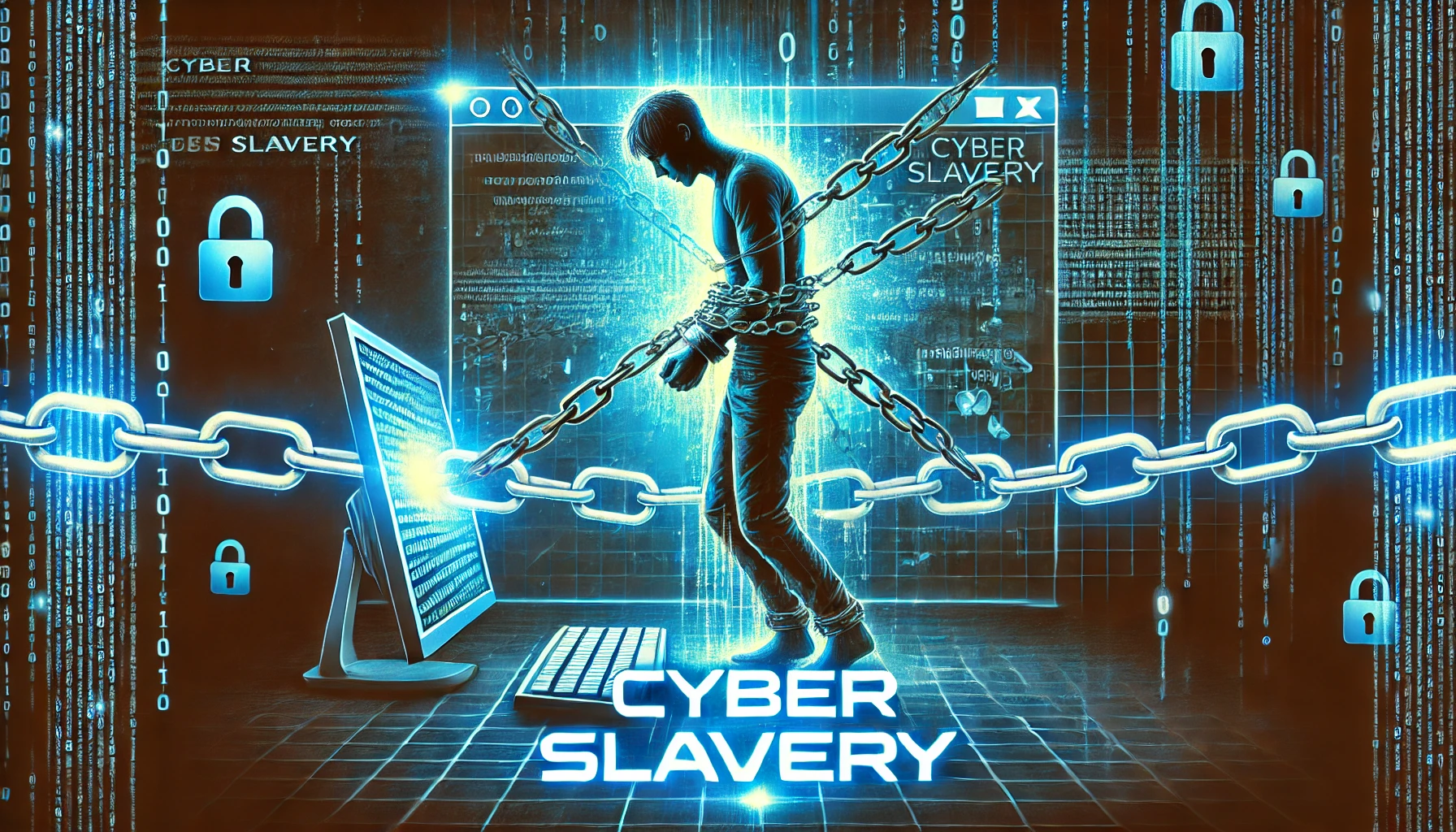What began as a dream opportunity for Khobby and Jojo turned into months of forced cybercrime labor inside Laos’s Golden Triangle. With passports seized, threats looming, and police complicit, their stories reveal a vast, unchecked trafficking empire powered by tech fraud and international silence.
1. The Lure of a Digital Future, and the Trap Behind It
In early 2024, Khobby, a 21-year-old Ghanaian, accepted what appeared to be a promising data entry job in Southeast Asia. Like many others, he was offered an all-expenses-paid relocation to Laos, an emerging tech hub in the region’s so-called Golden Triangle Special Economic Zone (GTSEZ). But his arrival quickly turned sinister: his passport was confiscated, his movement restricted, and the “job” revealed to be a massive online fraud operation.
He was not alone. High-rise towers filled with foreign workers lured from nations across Africa and Asia have become the backbone of these syndicates. Jojo, a young Ugandan woman, had a similar story. Promised an IT role, she was instead enslaved in a cyber-scam compound that operated like a sales boiler room fueled by coercion, fear, and digital deception.
Inside these towers, each worker managed dozens of mobile phones. Posing as romantic partners, investment brokers, or government officials, they used pre-written scripts and psychological manipulation to convince victims to part with life savings in a tactic known as “pig butchering.”
2. Inside the GTSEZ: A Lawless City of Crime Masquerading as Progress
The Golden Triangle SEZ operates as a quasi-autonomous Chinese enclave within Laos. Officially leased by Zhao Wei, a man sanctioned by the U.S. Treasury for running transnational criminal operations, the zone is replete with its own security forces, surveillance systems, and even clocks set to Beijing time.
At the heart of this sovereign cybercrime empire is the Kings Romans Casino, a glitzy hub believed to launder money from drug trafficking, wildlife smuggling, and now, cyber-fraud. Rolls Royce limousines shuttle gamblers through the neon-lit streets, even as within the compound walls trafficked victims like Khobby and Jojo are worked to exhaustion under threat of starvation or physical abuse.
Workers are often housed in cramped dormitories, deprived of freedom, and punished if they fail to meet “scam quotas.” Jojo described how Chinese bosses shouted “What are we here for? Money!” every time a scam succeeded. Those who failed were denied food or beaten.
3. The Global Web of Complicity and a Way Out?
The rise of these scams is linked to an ecosystem that spans continents. From immigration officers aiding traffickers to crypto apps designed for laundering money, the complicity extends far beyond the GTSEZ. International watchdogs like the United States Institute of Peace now warn that Southeast Asia’s cyber-scams pose a threat equal to the fentanyl epidemic.
While some countries have attempted crackdowns such as joint rescues at the Myanmar-Thai border the problem persists. Workers like Khobby and Jojo, even when freed, face bureaucratic suspicion. Many are denied victim status due to receiving partial salaries or having signed “contracts” under duress. The IJM warns this ambiguity enables syndicates to operate unchallenged.
Today, Khobby is back in Dubai, his courage in leading a strike remembered by those still trapped. Jojo maintains contact with some, relaying that new workers arrive daily. The trafficked, the coerced, and the complicit are often indistinguishable—until the world acts to dismantle the structures enabling this digital slavery.


